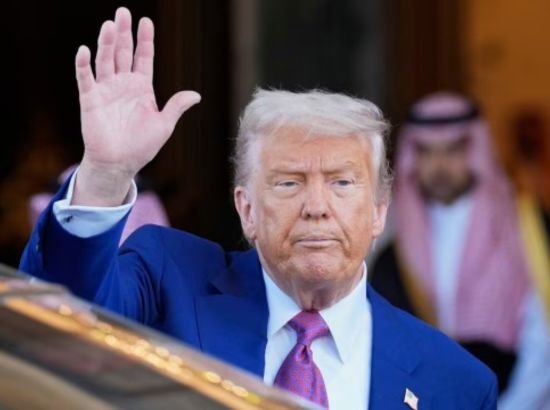
Washington D.C., July 2, 2025 — In a dramatic and politically charged victory, U.S. President Donald Trump secured a major legislative achievement as the Senate passed his ambitious economic proposal dubbed the “One Big Beautiful Bill.” The vote came amid escalating tensions with tech mogul Elon Musk, who has publicly opposed the bill and hinted at forming a new political party in response.
The Senate was evenly split on the bill, with a 50-50 vote. Vice President J.D. Vance cast the tie-breaking vote in favor, pushing the bill across the finish line. The bill, totaling 940 pages, is being hailed by Trump supporters as the most significant economic measure of his second term.
The “One Big Beautiful Bill” aims to extend Trump-era tax cuts, increasing them by $4.5 trillion (approximately ₹373 lakh crore). At the same time, it proposes a $1.2 trillion (approximately ₹996 lakh crore) reduction in Medicaid funding. Experts warn that nearly 12 million low-income and disabled Americans may lose access to health insurance due to the proposed cuts.
Additionally, the bill eliminates tax credits for electric vehicles and slashes funding for several social welfare programs — moves that have sparked significant controversy and criticism from both sides of the aisle.
Despite being pushed by the Republican leadership, several GOP senators joined Democrats in opposing the bill. Republican Senators Thom Tillis (North Carolina), Susan Collins (Maine), and Rand Paul (Kentucky) raised concerns about the social impact and fiscal sustainability of the legislation.
The bill now heads to the House of Representatives, where it is expected to face stiff resistance from Democrats and moderate Republicans. Critics are particularly focused on provisions cutting health care and food assistance programs.
The bill’s passage comes as Trump publicly feuds with Elon Musk. Musk, CEO of Tesla and SpaceX, has been an outspoken critic of the legislation, particularly its implications for the clean energy sector. Musk warned that if the bill passed, he would consider creating a new political party to challenge the existing political order.
In response, Trump lashed out, suggesting Musk “should consider leaving the United States” if he cannot support policies aimed at “putting America first.” The back-and-forth has further deepened divisions between Trump’s administration and Silicon Valley.
As the bill moves to the House, political analysts are watching closely. Trump has made it clear that implementing this legislation is central to his economic vision for the country. With the 2026 midterms approaching, both sides are gearing up for what could be one of the most consequential budget debates in recent history.